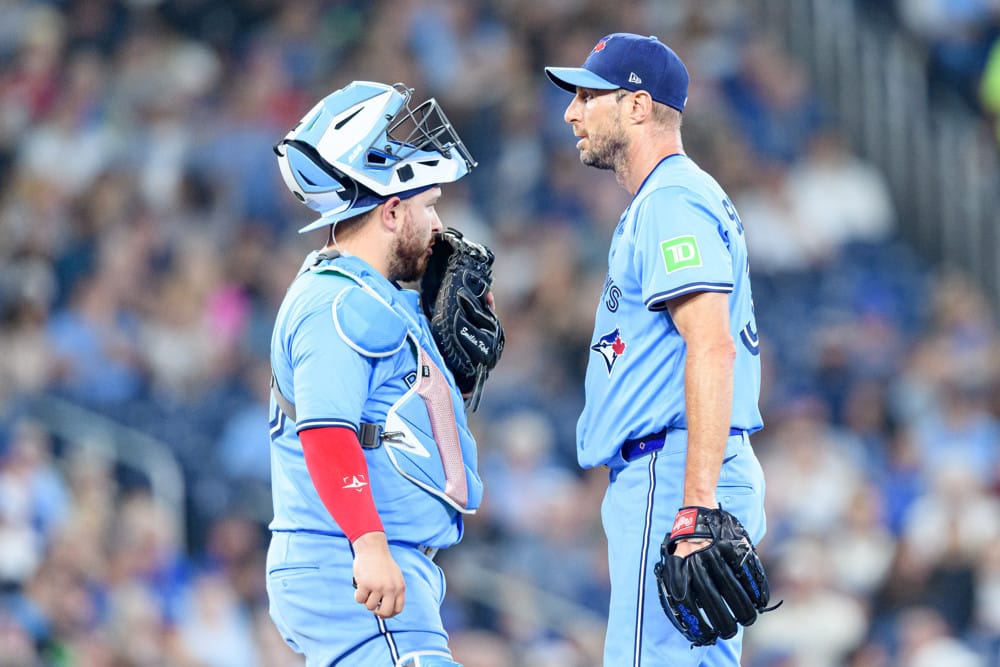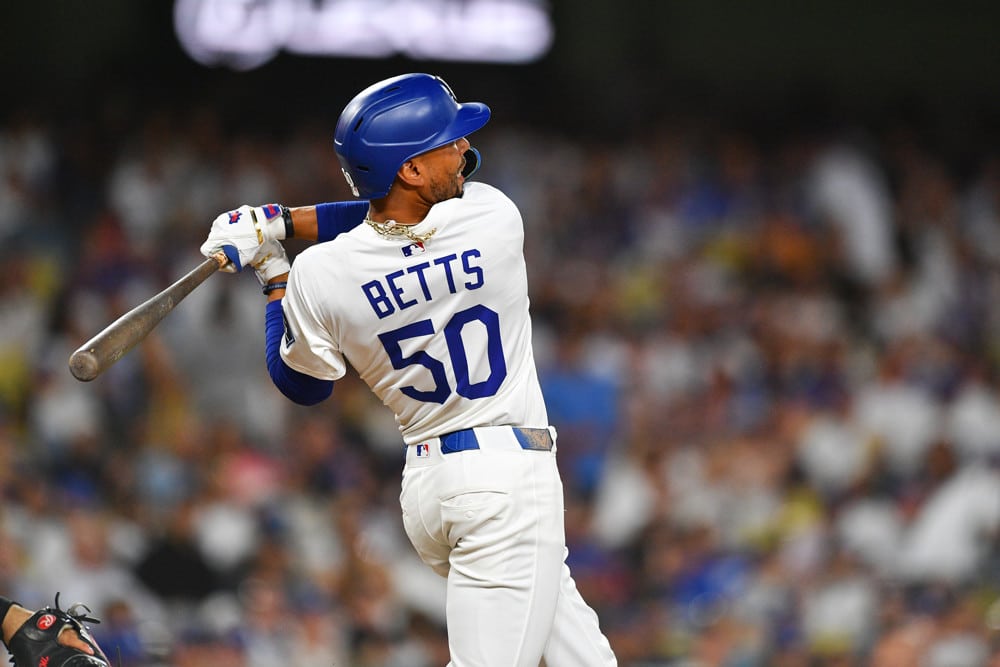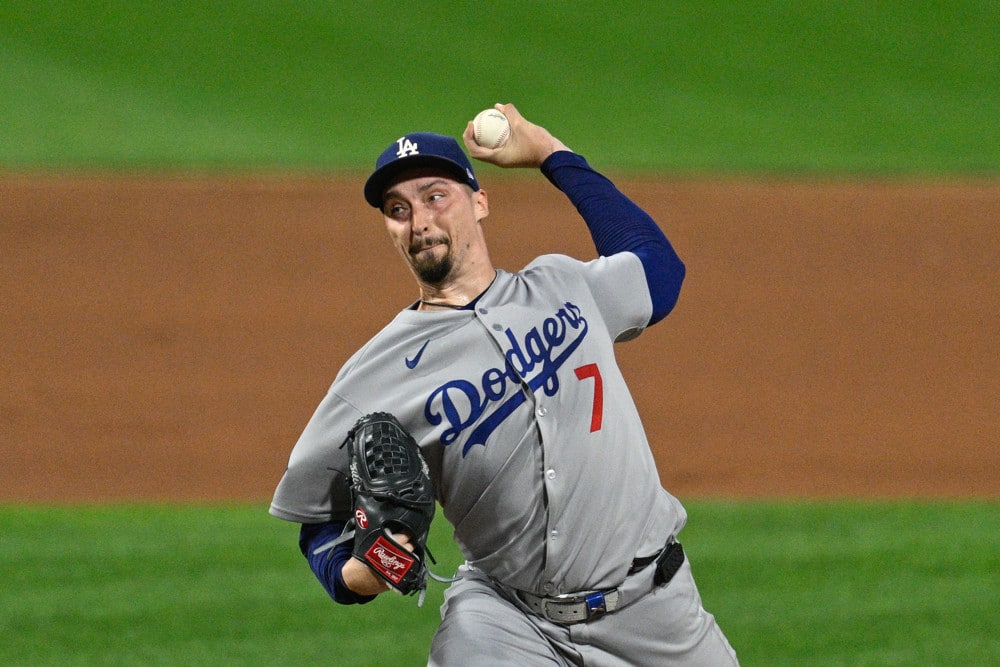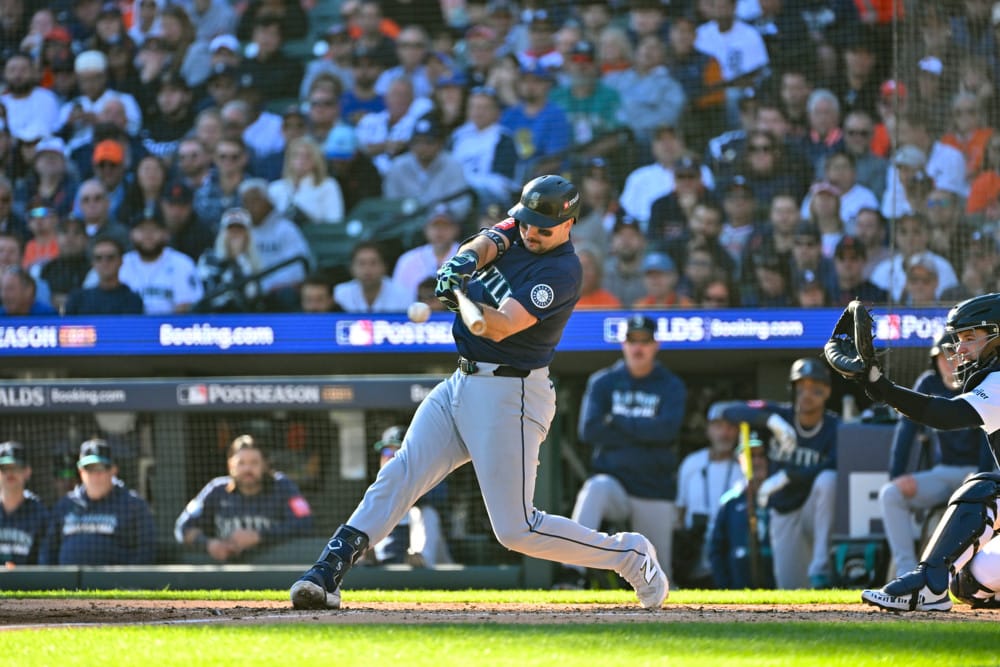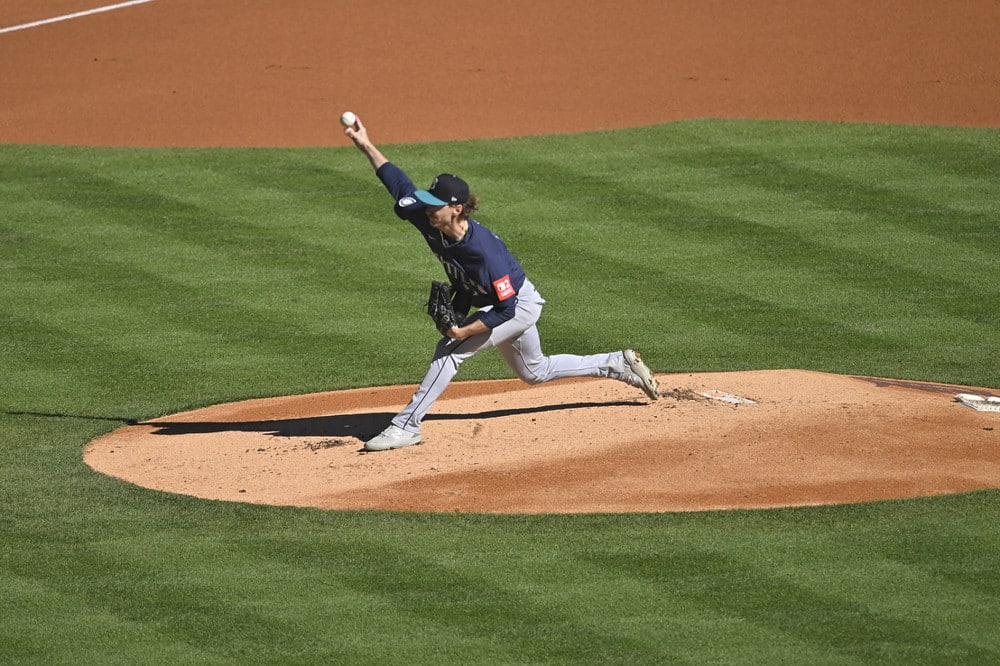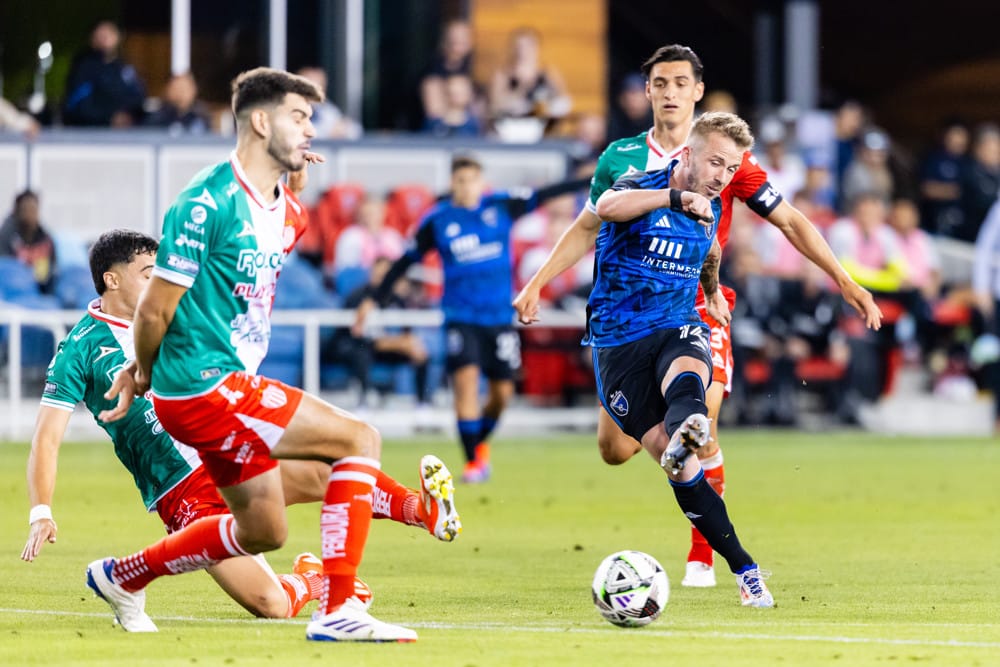 The history of sports is full of instances where skill collided with fate. A fluke deflection or a lucky penalty can provide stories and jack up underdogs to legendary status. Every fan remembers Leicester City’s shocking Premier League triumph in 2015/16. There is also Mario Götze’s extra-time goal in the 2014 World Cup Final.
The history of sports is full of instances where skill collided with fate. A fluke deflection or a lucky penalty can provide stories and jack up underdogs to legendary status. Every fan remembers Leicester City’s shocking Premier League triumph in 2015/16. There is also Mario Götze’s extra-time goal in the 2014 World Cup Final.
That said, pro play strategies are designed around consistency and efficiency, so outlier outcomes, while memorable, don’t affect how athletes coordinate or strategize. Still, luck in sports is a very real thing, both inside and outside of the court. Here we’ll unpack how seemingly random chance affects the outcomes.
Defining Luck and Skill
Skill comes from drills and practice, innate ability, strategic knowledge, and team dynamics. It’s developed over many years of training and is relatively stable, measurable, and predictable over time. But the outcomes aren’t just stats and numbers. Teams or athletes can have good days and bad days. In other words, a better team that has a bad day can easily lose to an underdog who has a good day, let’s say. In many instances, this is how luck manifests in sports.
Luck comes from random elements that can potentially determine the outcome of a particular match or, in truly rare instances, an entire season. These can be anything from:
- Important referee’s decision
- A change in the weather
- An unanticipated bounce of the ball
- Injury to an important player
The mix of preparation and chance is not only confined to the world of sports. For instance, online casino players often want to play safely by selecting efficient and convenient transaction options. Many players now favor betting with the best PayID deposit online pokies since PayID allows instant and safe payments. This way, they don’t have to worry about any unnecessary delays during gameplay. Likewise, in sports, while athletes try to control every possible variable, luck always remains in play.
Skill-Dominant vs. Luck-Dominant Sports
Analysts use data models like variance decomposition and season-to-season win correlation to determine how much luck and how much skill is baked into the success of a team. Variance decomposition is used to showcase how component contributes to certain outcomes, or to show the source of variation in outcomes.
Season-to-season win correlation shows how reliable is historic data. If a team has won top 5 sports in the past 5 seasons, that means that this data is consistent and can be reliably used as a factor for determining outcomes.
For example, the NBA shows a high season-to-season win correlation. This reflects the team’s dominance across many seasons. One analysis estimated that 10-15% of outcomes are due to luck, leaving 85- 90% to player/team skill. The NFL, NHL, and MLB vary significantly more than the NBA, with scores that were influenced by luck:
- Football games about 39%
- MLB games about 34%
- NHL games up to 53%
It’s worth noting that luck starts to play a dominant role when both sides are extremely skillful. In individual sports, analysis of ATP tennis tournaments shows that in high-end events or finals, the impact of luck goes up to 80%.
Interestingly, this relationship between skill and luck also appears in other fields of entertainment. Online players according to Pokies Pros want to find games with transparent odds so that they can get the most from their gaming experience. Similar to how players attempt to maximize control on the field, gamers look for tools they can rely on to improve the odds, even slightly.
How Luck and Skill Interact in Competition
Single events like championship games and decisive playoffs are often created with unexpected moments like fan interventions and balls bouncing off posts. Leicester City’s 2015/2016 season started with them being underdogs at odds of 5,000-1. Their success was attributed to skillful play, discipline, and strokes of luck. Own goals, mistakes made by their opponents’ defense, and last-minute equalizers all had their own role in their rise.
Similarly, basketball buzzer-beaters, the classic shots taken just at the end, bring together skill and luck. Harvard Sports Analysis found that even though winning a game on a buzzer-beater doesn’t guarantee momentum on the next game, they are often the back story of postseason narratives. Aaron Gordon was recently able to deliver the first-ever postseason buzzer-beater dunk in April 2025, a combo of pure skill and luck.
Yet, throughout long seasons, expertise shows that when comparing luck vs skill in sports, skill yields better results. Data analyses reveal that leading teams are often outstanding because of sustained performance. Even in the NBA, which is very skill-based, underdogs manage to secure victory in 33% of matches based on data from 2021-2022.
Psychological and Emotional Impact
Luck can greatly affect the confidence of players. A lucky roll can reinforce their belief, while an injury or moment of confusion can shake them. For these players, the match is not just a game; it’s their dream that shaped them. This is in-depth shown in the movie Friday Night Lights, which shows the struggle players face when chasing glory.
The belief of “being in the zone” often influences how head coaches and players act. Players might take riskier shots when they feel confident. On the other hand, coaches may adjust team lineups and combinations depending on the streaks. Research about the “hot hand” phenomenon shows mixed results, saying that sometimes these streaks are real, while sometimes they are illusions. Nonetheless, the psychological impact is very real.
Although some people pit skill vs luck in sports, they shape the final acts of the match. Sports psychologists say that you should be calm during unpredictable moments. This psychological complexity makes all sports more than a competition of ability. It’s a test of players’ perseverance when faced with uncertainty.


